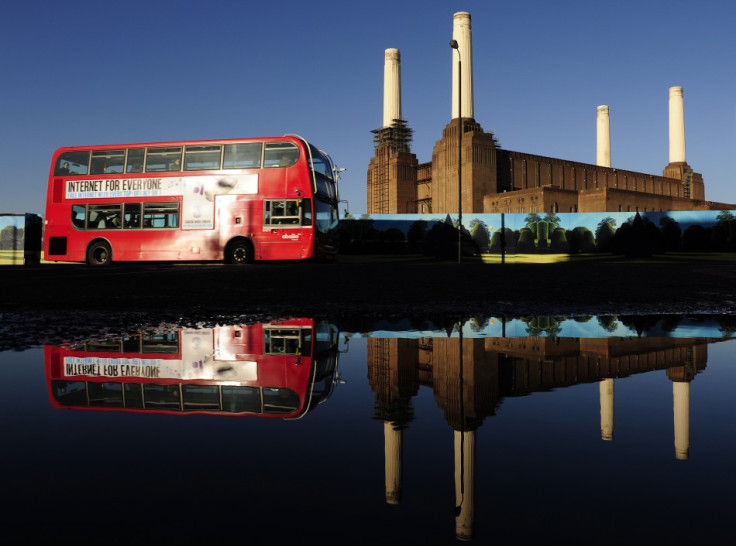London Buses to go Cash-Free from Summer

Bus passengers across London will no longer be able to pay for fares with cash this summer.
Transport for London (TfL) has announced services are to go contactless after it said just one percent of journeys are now paid for with cash.
The decision comes after TfL revealed that since launching conatctless payment cards on the capital's bus network in December 2012, more than eight million journeys have been made using the system.
Despite the decline in cash usage, the move could prove unpopular - just one third of respondents backed phasing out cash.
TfL has also announced three new meaures to help when rolling out the new payment method. They are:
- Introducing a new 'one more journey' feature on Oyster that will allow passengers with less than the single bus fare (currently £1.45) but who have a positive balance on their card to make one more bus journey before they have to add credit to their card
- A review of the Oyster Ticket Stop network to see if additional locations can be identified, particularly in outer London
- Refreshed guidance for all 24,500 London bus drivers to ensure a consistent approach is taken when dealing with vulnerable passengers
- A public information campaign to increase awareness of the benefits of contactless payment cards and Oyster pay as you go, which offer a single bus fare for 95p less than the current cash fare
Leon Daniels, managing director for TfL Surface Transport said:
"The decision to stop accepting cash fares on London buses reflects the changing way that people pay for goods and services in our city, including journeys on the bus network.
"We are introducing a range of measures, including a new 'one more journey' feature on Oyster cards, which will ensure that people can still make a journey and then top up their card when they don't have the full fare.
"Paying with Oyster or a contactless payment card is not only the cheapest option, but also speeds up boarding times at bus stops and reduces delays."
© Copyright IBTimes 2025. All rights reserved.






















